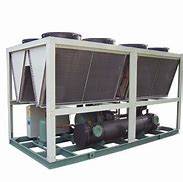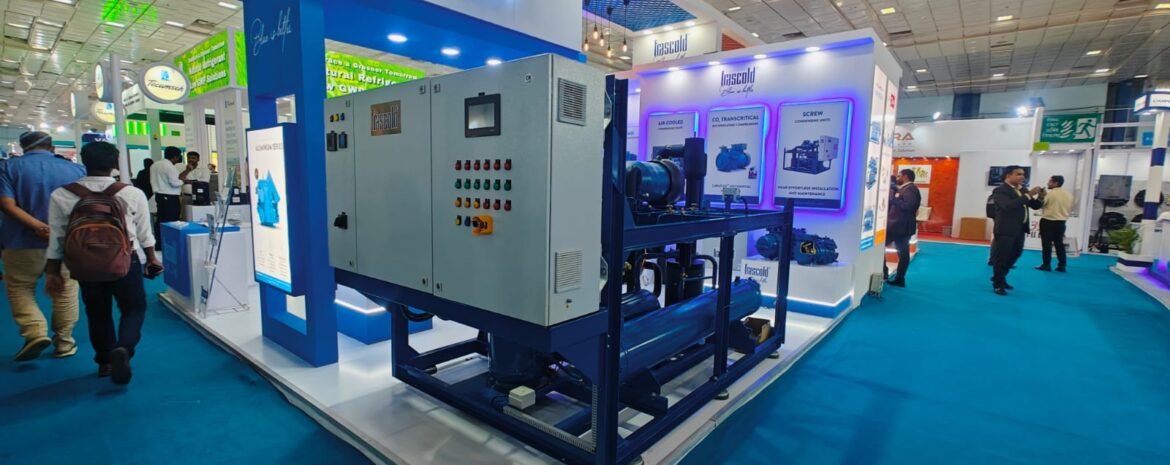Chiller Selection Criteria
Selecting the proper chiller includes considering a few factors to guarantee it meets the specific prerequisites of the application. Chiller Selection Criteria, Here are a few key criteria for chiller selection:
Cooling Load :
Determine the cooling capacity required based on the heat load of the application. Consider factors such as surrounding temperature, handle heat gain, and thermal cover.
Temperature Requirements :
Identify the required temperature extend for cooling. A few applications require exact temperature control, while others may have broader temperature tolerances.
Type of Chiller :
Select between different types of chillers, such as air-cooled or water-cooled chillers, based on factors like space accessibility, water accessibility, energy efficiency, and commotion considerations.
Energy Efficiency :
Assess the energy efficiency of the chiller system, considering variables like coefficient of execution (COP), energy efficiency ratio (EER), and regular vitality productivity proportion (Seer). Look for chillers with tall efficiency appraisals to reduce working costs and natural affect.
Operating Conditions :
Consider the ambient conditions where the chiller will work, counting temperature, humidity, and altitude. Guarantee that the chiller is reasonable for the particular environmental conditions of the installation site.
Space Constraints :
Evaluate the accessible space for chiller establishment and decide whether the chiller’s footprint and measurements are compatible with the site necessities.
Load Flexibility :
Assess the chiller’s capacity to handle changing cooling loads effectively. A few applications may have fluctuating cooling demands, so choosing a chiller with turndown capability or different compressors can improve system adaptability and energy efficiency.
Maintenance Requirements :
Consider the maintenance needs of the chiller, including routine servicing, cleaning, and part replacement. Select chillers with open components and user-friendly maintenance methods to minimize downtime and maintenance costs.
Reliability and Durability :
Select chillers from reputable producers with a track record of reliability and durability. Quality construction, robust components, and comprehensive guarantees can help ensure long-term performance and minimize the risk of downtime.
Cost Considerations :
Evaluate the starting cost of the chiller system as well as the long-term working costs, counting energy consumption, maintenance, and repairs. Consider the overall cost of ownership (TCO) over the life of the chiller when making purchasing choices.
By carefully considering these criteria, you’ll select a chiller that best meets the needs of your application whereas optimizing energy efficiency, reliability, and cost-effectiveness.


